Due to the consortium meeting in Valencia, at the headquarters of the Valencian Building Institute, on October 4, a meeting of the Aldren Alliance was held, in addition to the partners, different key actors in the region:
- Mayte García Córcoles, Asociación Empresarial Hostelera de Benidorm, Costa Blanca y Comunidad Valenciana (HOSBEC).
- María Ortiz, Instituto Valenciano de Competitividad Empresarial (IVACE) of the regional Government (Generlitat Valenciana).
- Álvaro Pastor, Asociación Técnica Española de Climatización y Refrigeración (ATECYR).
- Rafael Vázquez, Asociación Técnica Española de Climatización y Refrigeración (ATECYR).
- Andrew Persily, ASHRAE
- Teresa Escrig, of the guide’s writing team BES Oficina
- Isabel de los Ríos, IVE Entidad de Certificación
- Miriam Navarro, IVE Financial Manager and Head of R+D International Department
The meeting was opened by the CEO of the Valencian Institute of Building (IVE), Begoña Serrano, who welcomed the ALDREN project consortium members to Valencia, thanked the other guests for their collaboration with the project and made a brief presentation on the recent IVE activity in European research projects.
After the inauguration, Mathieu Rivallain, of CSTB and project coordinator, announced the ALDREN methodology for the voluntary certification of buildings, the advantages of the current energy certificate, and its alignment with European policies. Carlos Espigares, from IVE, complemented the theoretical vision with the practical presentation of the results obtained after applying the ALDREN procedure in the test bed pilot building “Hotel Les Dunes Comodoro”.
Next, Isabel de los Ríos of IVE Certification Entity and Teresa Escrig, principal author of the “BES Office Guide”, presented the BES office certification that is a quality certification for buildings or office premises in use that was launched in 2017.
The BES Offices certification covers the requirements of: ENVIRONMENTAL PROTECTION (Energy savings, natural resources sustainable use), HEALTH & WELLBEING (air quality, thermal comfort, acoustic comfort, lighting comfort) and SPATIAL QUALITY CONDITIONS (layout, equipment, even design, image and biophilia). Based on these contents, a detailed comparative analysis of both certifications was carried out to study the possibility of integrating the ALDREN methodology in the evaluation and certification system of the BES Offices certification, promoted by the Valencian Regional Government and issued by the IVE Certification Entity.
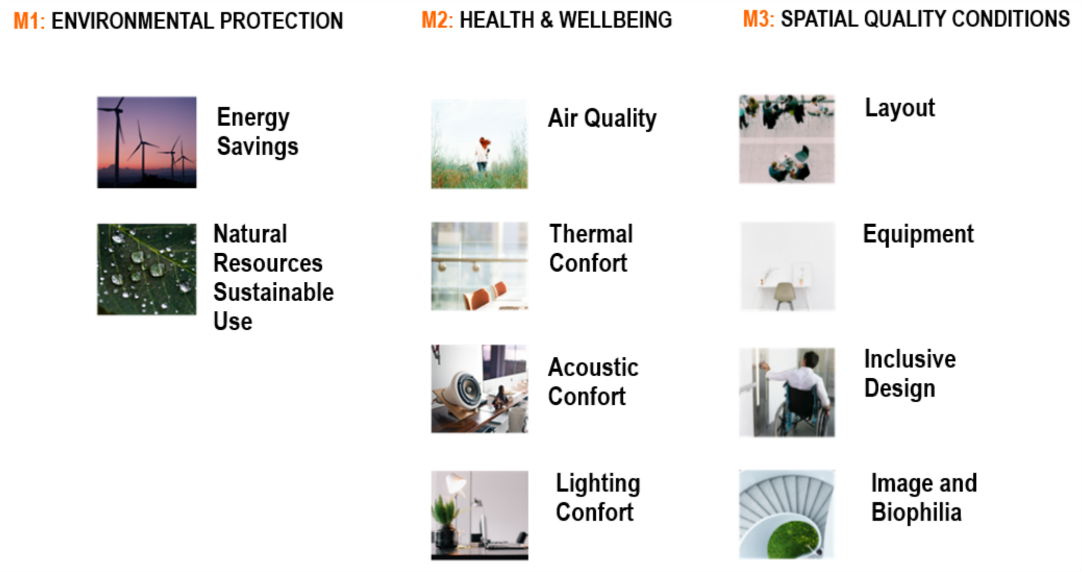
Finally, Miriam Navarro, IVE financial manager, moderated a debate among attendees focused on market entry from different approaches. Among the comments of the attendees, it is worth highlighting the importance that Mayte García Córcoles, of the HOSBEC Hotel Association, granted to the verification of the energy data provided by ALDREN as an added value to be taken into account by those owners of large buildings, as is the case with hotels.
Within the round table and once the debate was centered around the typology of hotels, María Ortiz, of IVACE, emphasized the interest that causes from a regulatory point of view, the fact that the patterns of use reflected in the Spanish regulation (CTE) does not take into account the operation that can occur in this type of buildings and the need to establish criteria to overcome this lack.
Part of the discussion focused on the importance of Energy Efficiency for building users. Álvaro Pastor, of ATECYR, with long experience in energy audits, stressed that the most important for the user is structural and use safety, followed by maintenance costs and aesthetics. Although in recent times there is more awareness about the measures to be taken to improve the energy efficiency of our buildings and the impact of the activity that is carried out on them, much remains to be done.

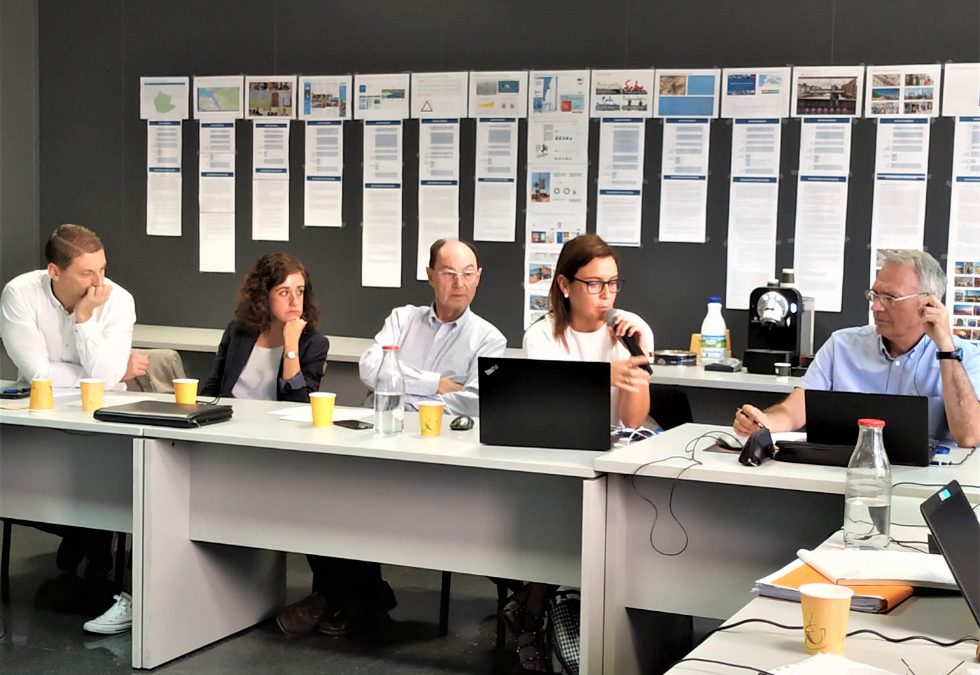
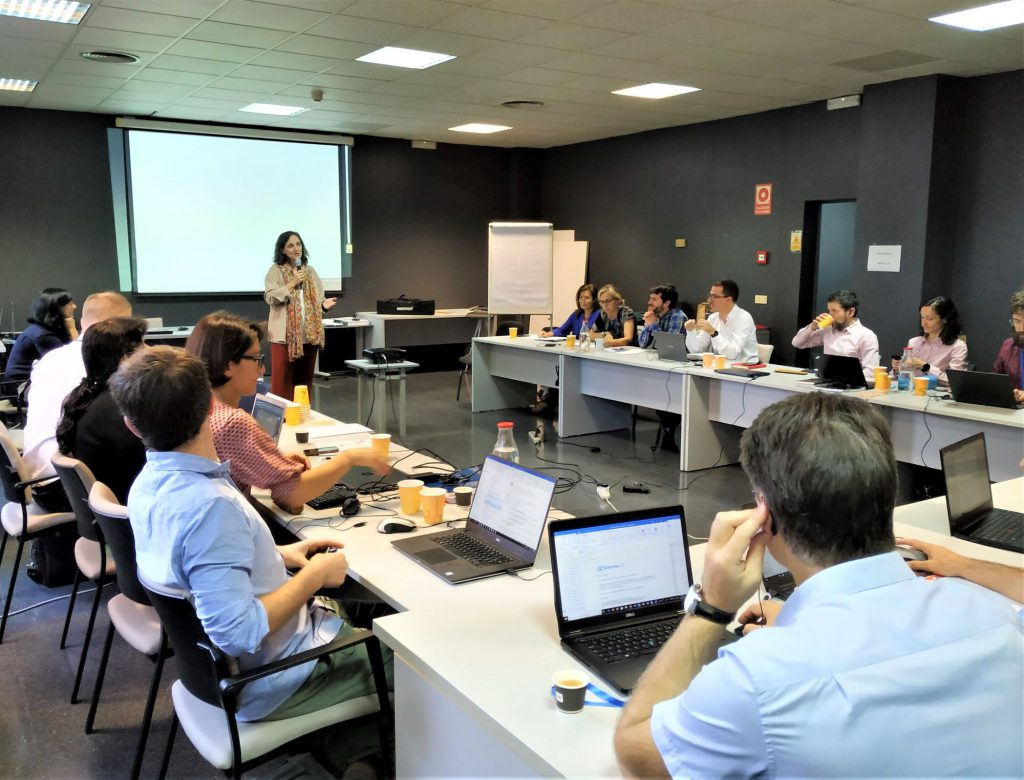
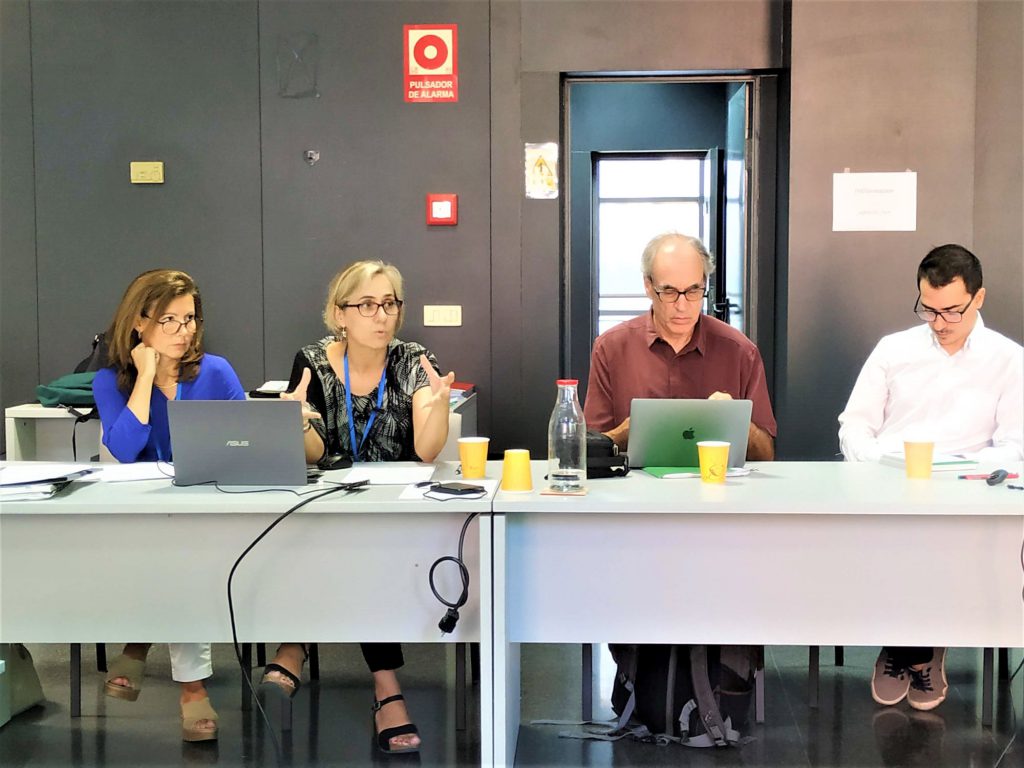
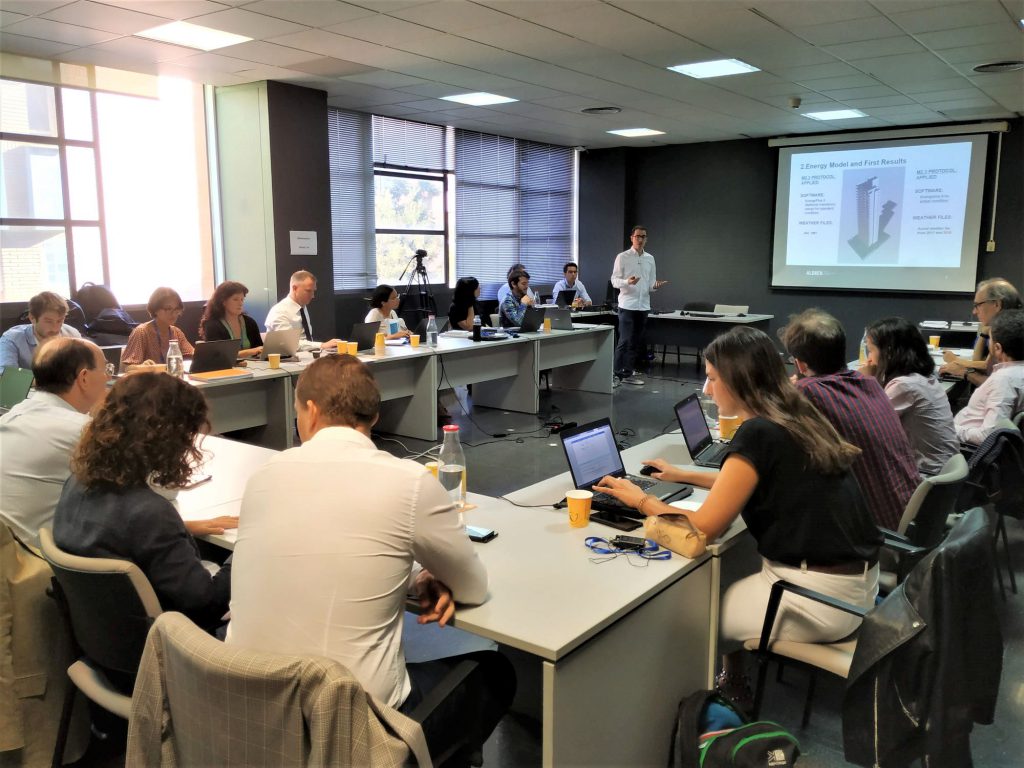
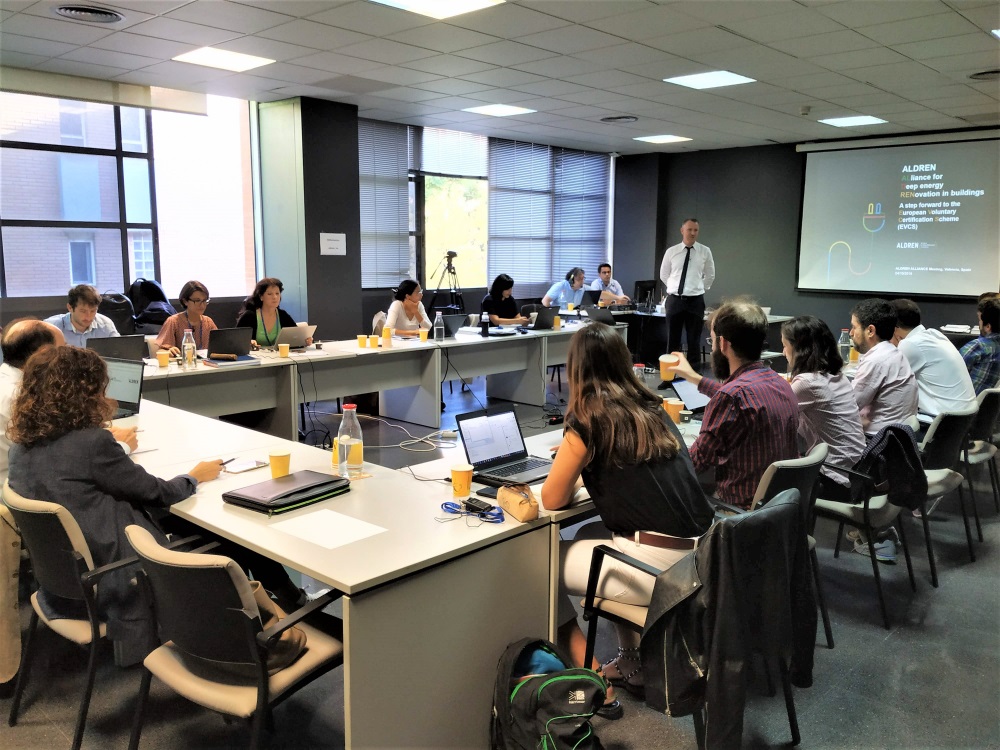
Recent Comments